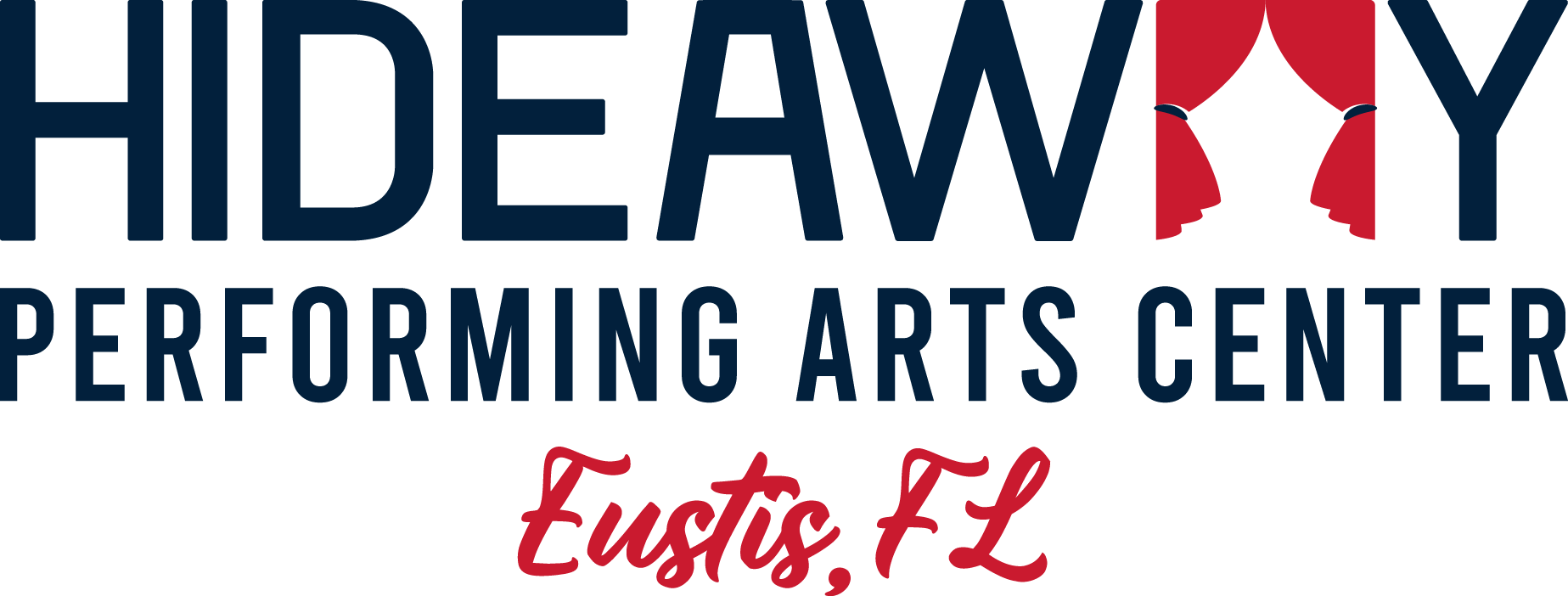The Drama 1 class offers students new to and with experience in the theatre a broad overview into the artform that they love (or will learn to love!) Please note that this is NOT a production based class that will perform a full play at the end; but, a true overview into the theatrical arts.
Topics covered will include: theatre basics, stage movement, pantomime, voice for the stage, theatre history (including Ancient Greek and Commedia Dell Arte and Elizabethan), Improvisation, Script Analysis, Scenic Design, Playwriting and the Business of Theatre.
The semester will culminate with students putting everything that they have learned together for a final project. The final project will incorporate multiple areas that students have studied over the course of the semester: playwriting, acting, scenic design, and marketing. They are putting everything they’ve learned into a final package, including writing, rehearsing, and performing.
This class is designed for students in “traditional grades” of 6-12 Since homeschool programs vary we will adjust class execution to meet individual student need and ability. While we aim to enroll those ages 10+ we will make exceptions. Appropriate maturity and reading fluency are our biggest requirement.
Below is a partial list of the Florida Sunshine State Standards which this course covers. We are happy to provide a full breakdown of standards in each unit of the course.
Florida Sunshine State Standards
Critical Thinking & Reflection
TH.68.C.1.3 - Determine the purpose(s), elements, meaning, and value of a theatrical work based on personal, cultural, or historical standards.
TH.68.C.1.5 - Describe how a theatrical activity can entertain or instruct an audience.
TH.68.C.2.2 - Keep a rehearsal journal to document individual performance progress.
TH.68.C.2.4 - Defend personal responses to a theatre production.
TH.68.C.3.1 - Discuss how visual and aural design elements communicate environment, mood, and theme in a theatrical presentation.
TH.68.C.3.2 - Compare a film version of a story to its original play form. Develop and apply criteria to select works for a portfolio
TH.912.C.1.5 - Make and defend conscious choices in the creation of a character that will fulfill anticipated audience response.
TH.912.C.1.7 - Justify personal perceptions of a director's vision and/or playwright's intent.
TH.912.C.3.1 - Explore commonalities between works of theatre and other performance media.
Historical & Global Connections
TH.68.H.1.1 - Explore potential differences when performing works set in a variety of historical and cultural contexts.
TH.68.H.1.2 - Analyze the impact of one's emotional and social experiences when responding to, or participating in, a play.
TH.68.H.1.5 - Describe one's own personal responses to a theatrical work and show respect for the responses of others.
TH.68.H.1.6 - Discuss how a performer responds to different audiences.
TH.68.H.2.3 - Analyze theatre history and dramatic literature in the context of societal and cultural history.
TH.68.H.2.4 - Discuss the differences between presentational and representational theatre styles.
TH.68.H.2.7 - Define theatre genres from different periods in history, giving examples of each.
TH.68.H.2.8 - Identify and describe theatrical resources in the community, including professional and community theatres, experts, and sources of scripts and materials.
TH.68.H.3.1 - Identify principles and techniques that are shared between the arts and other content areas.
TH.68.H.3.6 - Discuss ways in which dance, music, and the visual arts enhance theatrical presentations.
TH.912.H.3.3 - Apply knowledge of non-theatre content areas to enhance presentations of characters, environments, and actions in performance.
Innovation, Technology & the Future
TH.68.F.1.4 - Survey an aspect of theatre to understand the ways in which technology has affected it over time.
TH.912.F.1.3 - Stimulate imagination, quick thinking, and creative risk-taking through improvisation to create written scenes or plays.
Organizational Structure
TH.68.O.1.1 - Compare different processes an actor uses to prepare for a performance.
TH.68.O.1.3 - Explain the impact of choices made by directors, designers, and actors on audience understanding.
TH.68.O.1.4 - Discuss how the whole of a theatre performance is greater than the sum of its parts.
TH.68.O.2.1 - Diagram the major parts of a play and their relationships to each other.
TH.68.O.2.2 - Explain how a performance would change if depicted in a different location, time, or culture.
TH.68.O.2.5 - Explain how the contributions of significant playwrights, performers, directors, designers, and producers from various cultures and historical periods have influenced the creative innovations of theatre.
TH.68.O.3.1 - Compare theatre and its elements and vocabulary to other art forms.
TH.68.O.3.2 - Explore how theatre and theatrical works have influenced various cultures.
TH.912.O.1.3 - Execute the responsibilities of director, designer, manager, technician, or performer by applying standard theatrical conventions.
TH.912.O.1.4 - Write an original script or a dramatic adaptation of a literary work to demonstrate knowledge of theatrical conventions.
TH.912.O.3.1 - Analyze the methods of communication among directors, designers, stage managers, technicians, and actors that establish the most effective support of the creative process.
Skills, Techniques & Processes
TH.68.S.1.1 - Describe the responsibilities of audience members, to the actors and each other, at live and recorded performances and demonstrate appropriate behavior.
TH.68.S.1.3 - Describe criteria for the evaluation of dramatic texts, performances, direction, and production elements.
TH.68.S.1.4 - Discuss the ways in which theatre experiences involve empathy and aesthetic distance.
TH.912.S.1.6 - Respond appropriately to directorial choices for improvised and scripted scenes.
TH.912.S.2.8 - Strengthen acting skills by engaging in theatre games and improvisations.
TH.912.S.3.2 - Exercise artistic discipline and collaboration to achieve ensemble in rehearsal and performance.
TH.912.S.3.3 - Develop acting skills and techniques in the rehearsal process.
TH.912.S.3.8 - Direct a scene or one-act play.

